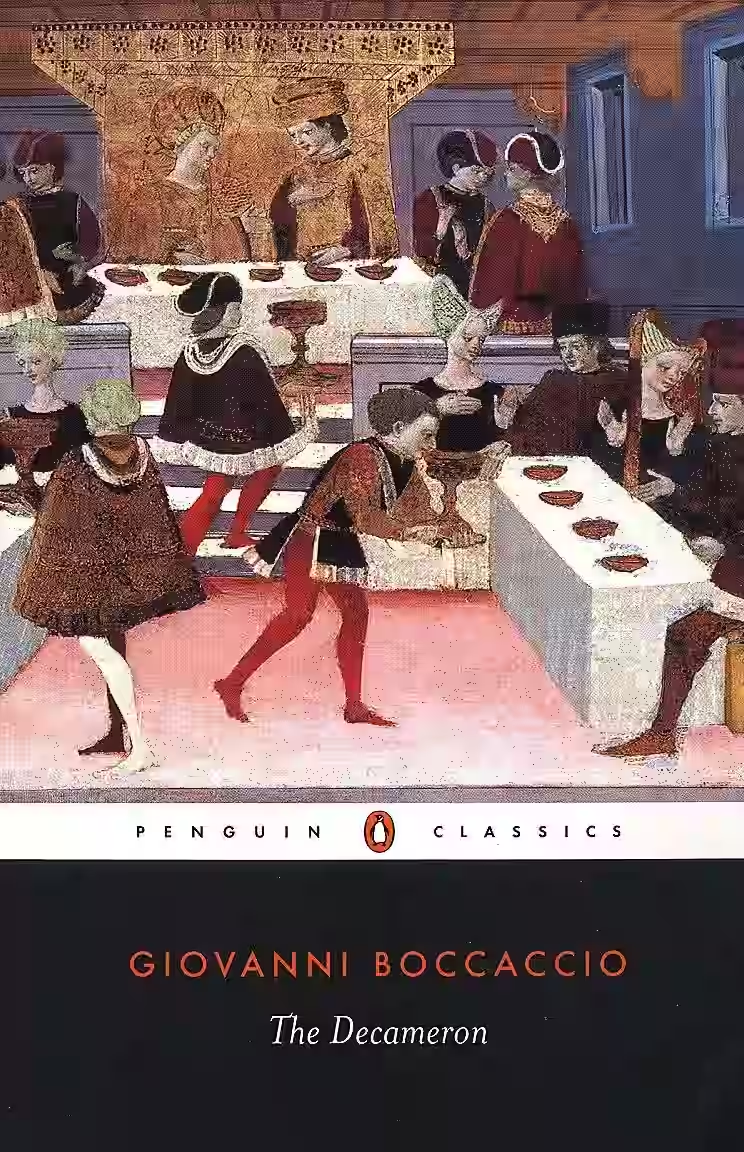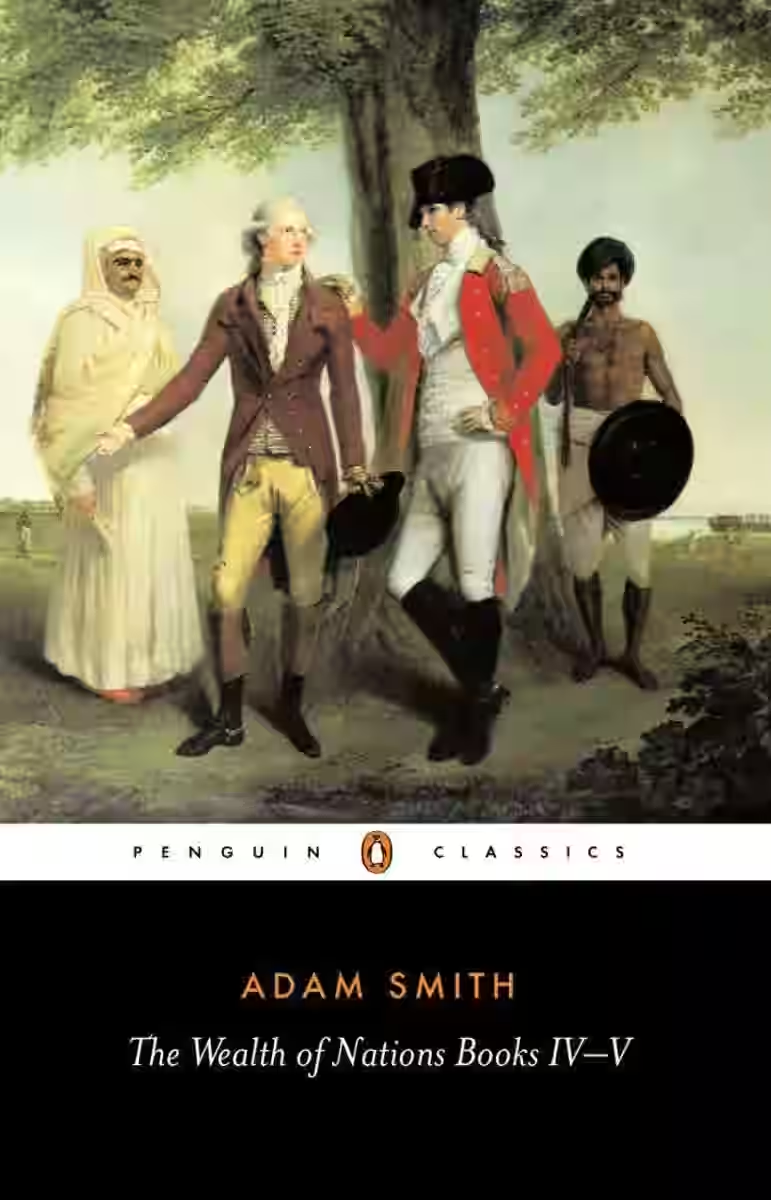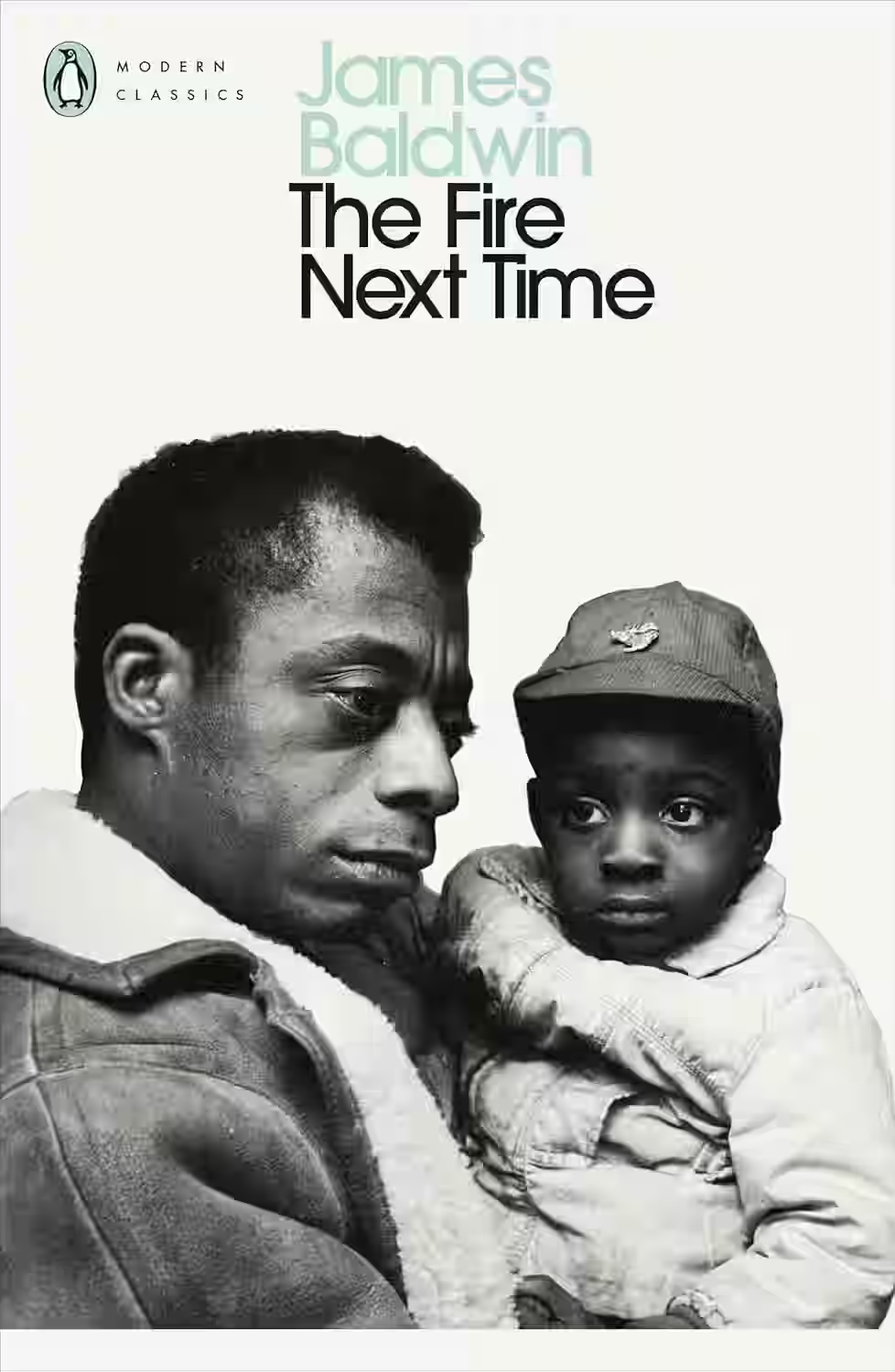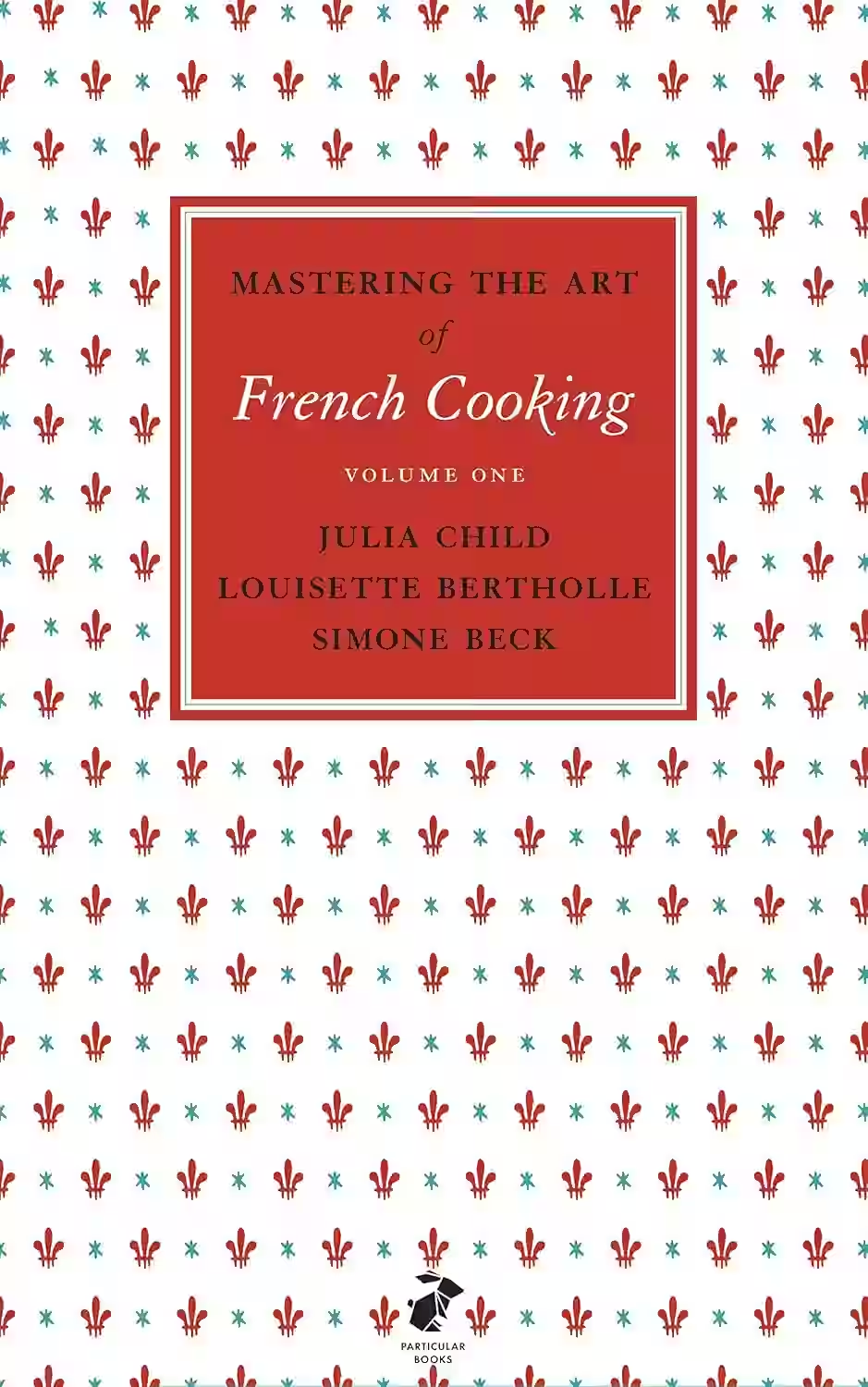
During the Black Death, ten young people flee Florence and tell stories to pass the time in seclusion. Their 100 tales span comedy, tragedy, love, and morality, offering a window into medieval life and human nature. The Decameron is a foundational work of Western literature, blending realism and allegory with wit and insight, and inspiring countless writers from Chaucer to Shakespeare.
About Giovanni Boccaccio
An Italian writer, poet, and humanist, a significant figure of the Renaissance. He is best known for his prose masterpiece, The Decameron, a collection of 100 novellas told by a group of young people escaping the Black Death. Boccaccio's work is celebrated for its realistic portrayal of human life, humor, and exploration of love, fate, and ingenuity, influencing subsequent European literature and establishing him as a foundational figure in the development of the modern short story.
Similar Books

The Wealth of Nations: Books IV-V
by Adam Smith
Series: The Wealth of Nations (#2)
Books IV–V of The Wealth of Nations critique existing economic policies and propose a framework for limited but essential government intervention. In Book IV, Smith dissects the mercantile system, rejecting trade restrictions and monopolies while advocating for free trade. He critiques colonialism and tariffs, favoring open markets. Book V addresses the role of the state in education, justice, defense, and infrastructure—functions Smith sees as necessary for a stable, prosperous society. These volumes balance his case for laissez-faire economics with the need for public investment, rounding out his vision of a functional, ethical, and productive political economy.

The Fire Next Time
In this landmark work, James Baldwin delivers two searing essays on race, religion, and the Black experience in America. Written as a letter to his nephew and a reflection on his own spiritual journey, Baldwin confronts the deep-rooted legacy of racism and the urgency of racial justice. His prose is poetic and unflinching, blending personal narrative with philosophical insight. Published in 1963, The Fire Next Time remains a powerful and prescient call for empathy, change, and truth. Baldwin’s voice, both intimate and prophetic, continues to resonate in conversations about civil rights and America's unfinished struggle for equality.

Everything Is Figureoutable
by Marie Forleo
In 'Everything Is Figureoutable,' Marie Forleo delivers an empowering guide that encourages readers to transform their mindset and approach challenges with a can-do attitude. The book is rooted in the simple yet profound belief that every problem can be solved with a strong will and a resourceful mindset. Combining personal anecdotes, actionable advice, and practical exercises, Forleo demystifies common life obstacles and offers a blueprint for cultivating resilience and creativity. Her engaging writing style, coupled with her personal insights, makes the book both inspirational and accessible. Ideal for anyone looking to break through barriers and achieve personal and professional growth.

Mastering the Art of French Cooking: Volume 1
by Julia Child
Co-authored by Julia Child, Simone Beck, and Louisette Bertholle, this seminal cookbook introduced classic French cuisine to the American home cook. Published in 1961, Volume 1 demystifies complex French techniques with meticulous instructions and practical guidance. Covering sauces, soups, meats, and vegetables, it emphasizes methodical preparation and precise detail, making gourmet cooking accessible. The book was groundbreaking in its thoroughness and clarity, with step-by-step illustrations and a scientific approach to food. A staple for serious cooks and beginners alike, it helped transform American culinary culture and remains a definitive reference for mastering timeless French dishes.